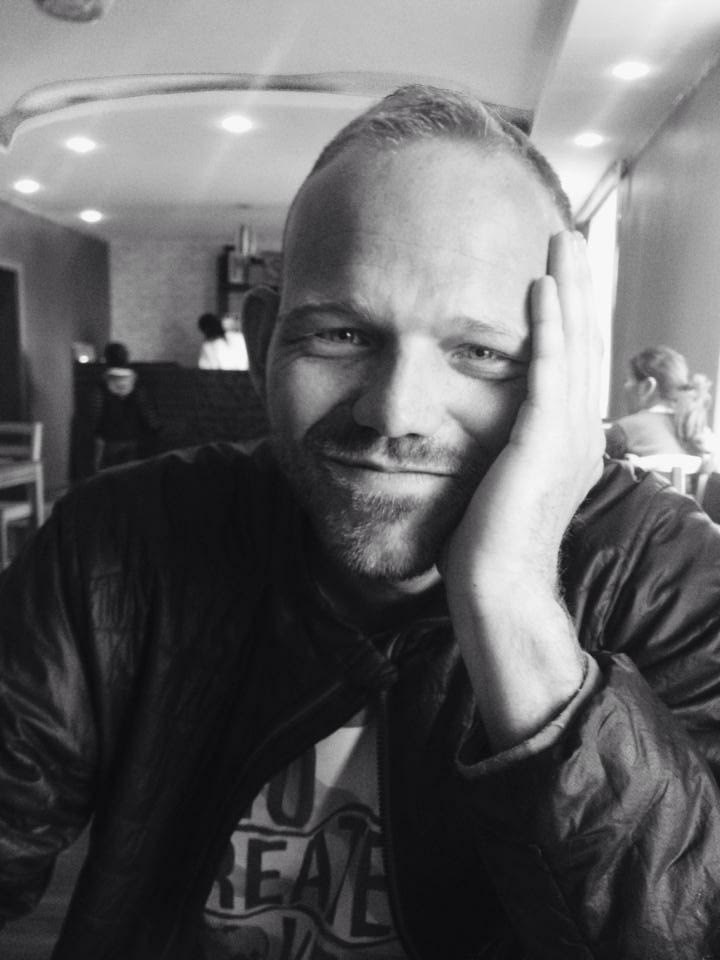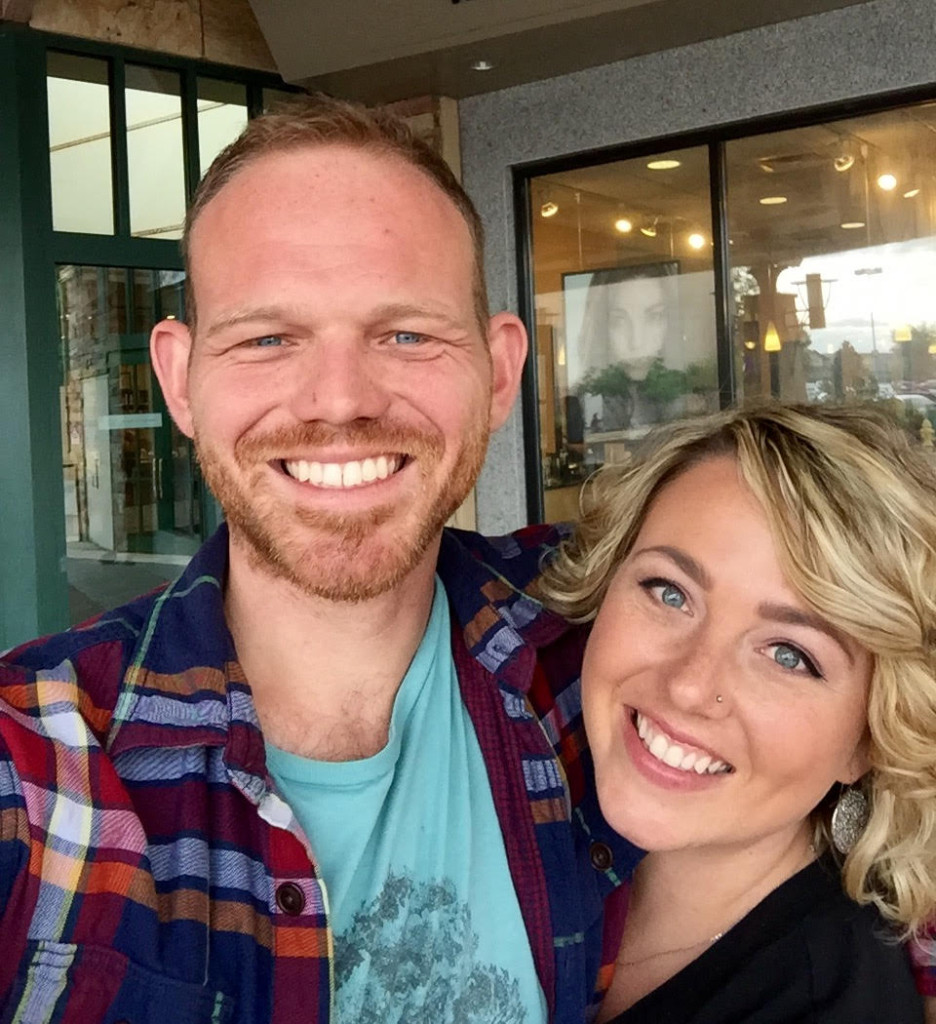This week I had the pleasure of being a guest on The Nalie Show where Nalie and I spoke about one of the toughest topics in Cancerland… Recurrences. When I think back to when I was first diagnosed, recurrences were so far from my mind. I rarely heard anyone speak of them. Not doctors, not friends, not even co-survivors. Recurrences are taboo, merely a whisper in the cancer community. After all, we never want to consider our cancer returning after we’ve already beat it.
As someone diagnosed, a recurrence is, quite literally, the worst nightmare. It’s a subject that is hidden away in the deep and dark corners, rarely to be addressed. And because of that, those of us who suffer recurrent or metastatic cancer more often than not feel isolated in our grief, circumstance, and emotions. By shedding light on this difficult topic, my hope is that you will be empowered and full of strength, grace, and wisdom moving forward. Your feelings are valid and what you are going through is real and raw and vulnerable… and devastating. But, take it from me, you can (and will) get through this. I did, four times!
Below are five practical, applicable, and tangible ways to cope with a recurrence. I encourage you to let these penetrate your soul and transform your perspective. After having overcome three recurrences since my original diagnosis, these are tools that equipped me in the lowest points of my fight(s).
- Allow yourself to grieve. Feel the feelings! Often, our fears become scarier when we don’t face them. Allow yourself to face the “what ifs” and the deep, dark, nightmarish places that you try to bury. Avoiding fearful thoughts or depressing feelings will not help you nor anyone around you. This is not the time to put on a brave face. The way that you build your strength for your fight is by getting to that deep, dark place, knowing what the end of the road could be, but then stepping back, and preparing yourself for what lies ahead. Bring a picnic, don’t pack a tent! Sit in your grief and devastation for a little while, but don’t allow yourself to stay there. Don’t camp out in your grief!
- Breathe and make a plan. Once you’ve packed up your “grief picnic,” take a breath. Feeling the feelings is exhausting. Take a breath and get to work formulating your plan for the days and weeks ahead. Remind yourself that this isn’t the first time you’ve been through this and thus you’re already a chemo (and/or surgery, radiation, even grieving) pro! You have cancer fighting skills already on your resume. You know what you’re doing. Take this time to reflect on your previous fight against cancer. Not from a place of wondering if you did anything wrong, but rather reflecting on what you would do differently this time. Maybe you want to try different modalities of treatment or include integrative therapy such as acupuncture. Your new plan could involve juicing, reducing sugar and processed food intake, or supplements. You have the unique (though unwanted) opportunity to build a stronger plan for this time through.
- Remain hopeful. Numbers and statistics can get in our heads and rob us of our hope. Don’t let the numbers define your fight. Just because x number of people didn’t survive this doesn’t mean you won’t. Just because your doctor gives you an expected survival time, doesn’t mean you can’t live longer than that. I had to completely block out the statistics in order to remain hopeful. I didn’t want nor need to know what happened to everyone else. So what if your statistics aren’t encouraging? There always has to be someone who survives. You can beat the statistics. Think back in time to when cancer was fairly new. There was a first person to survive metastatic breast cancer. There was a first person to survive glioblastoma. And if there wasn’t a first, you can be the first! No one but God knows your last day on earth and until you take your last breath, don’t you dare give up hope.
- Set goals and look forward. Recurrences are harder to cope with than an original diagnosis because it’s a fight you thought you had already won. Recurrences can be paralyzing because you know exactly what you’re facing. Instead of being crippled in your fear, continue to set goals. Both short-term and long-term goals will keep your eyes focused ahead. Short-term goals can be scheduling a dinner date with your spouse this weekend, or vacuuming your house on Wednesday, or meal prep for your upcoming week. Long-term goals can be scheduling a vacation to celebrate your upcoming finale of treatment or planning your dream wedding (like Nalie!). Setting goals gives us eyes for the future and propels us forward. Recurrences often cause us to look back and wonder why treatment didn’t work the first time, or what we did wrong, or why me. Looking back steals your strength, but looking forward with excitement and anticipation gives us motivation to push through.
- Choose joy. Above anything else, choose joy! But first, you must understand the difference between joy and happiness. Happiness is an outward expression that is dependent on what is going on around you. Happiness occurs when something or someone makes you feel a certain way. Whereas joy is an inward decision that only you can make for yourself, completely independent of the circumstance around you. We live in a society that constantly tells us to be happy. However when facing a recurrence, happiness is the last thing you’re probably feeling. When you strive to be happy and come up short, you feel like a failure. But by choosing joy, no matter what your diagnosis or doctors tell you, you can overcome. Joy is not a decision that is made once, but rather one that is repeatedly made even moment by moment. By choosing joy, you are saying that you won’t let your suffering dictate the condition of your spirit.
Romans 5:2-5 (ESV)
“Through Him we have also obtained access by faith into this grace in which we stand, and we rejoice in hope of the glory of God. Not only that, but we rejoice in our sufferings, knowing that suffering produces endurance, and endurance produces character, and character produces hope, and hope does not put us to shame, because God’s love has been poured into our hearts through the Holy Spirit who has been given to us.”



